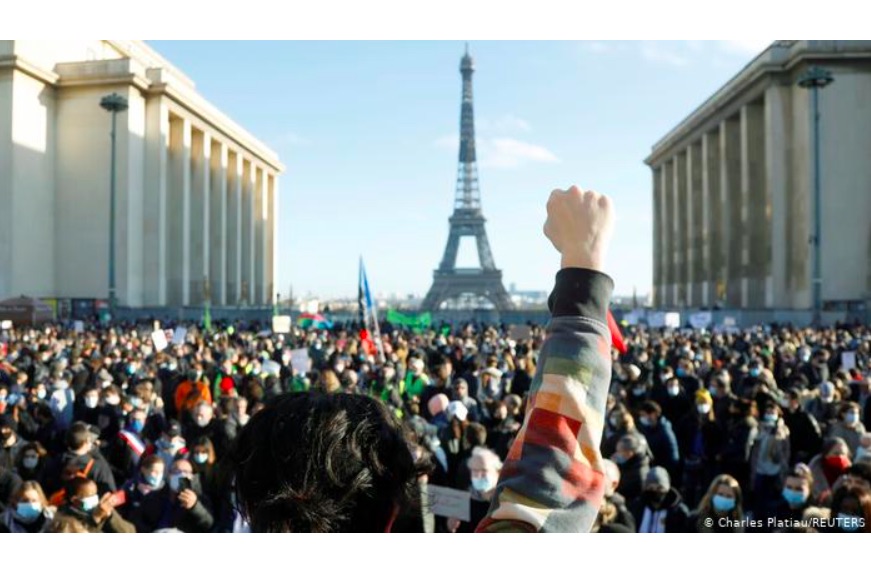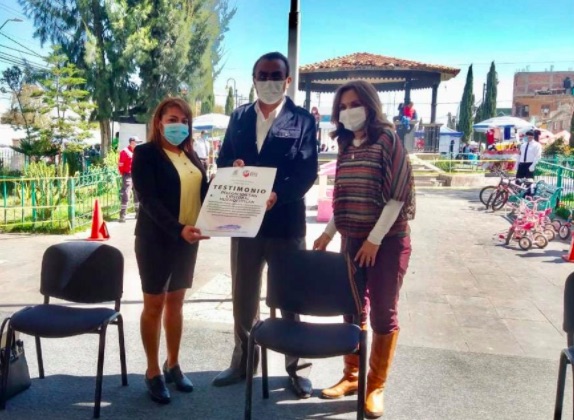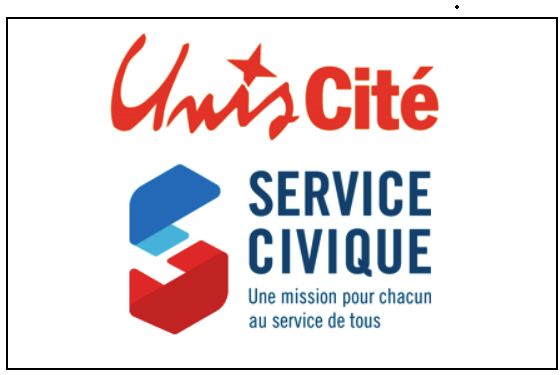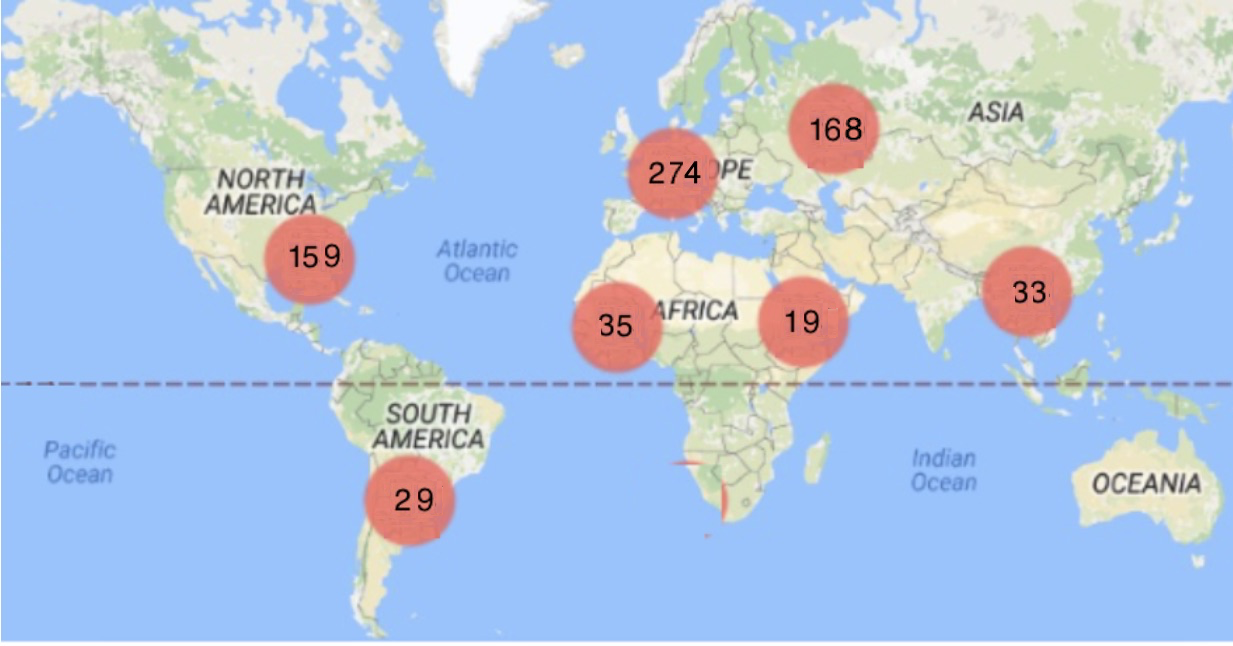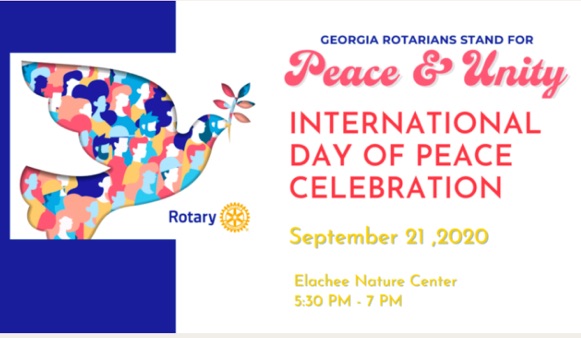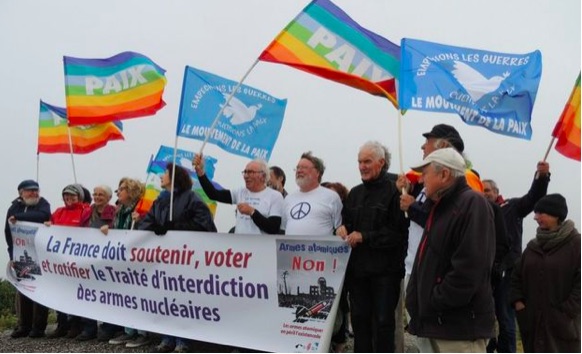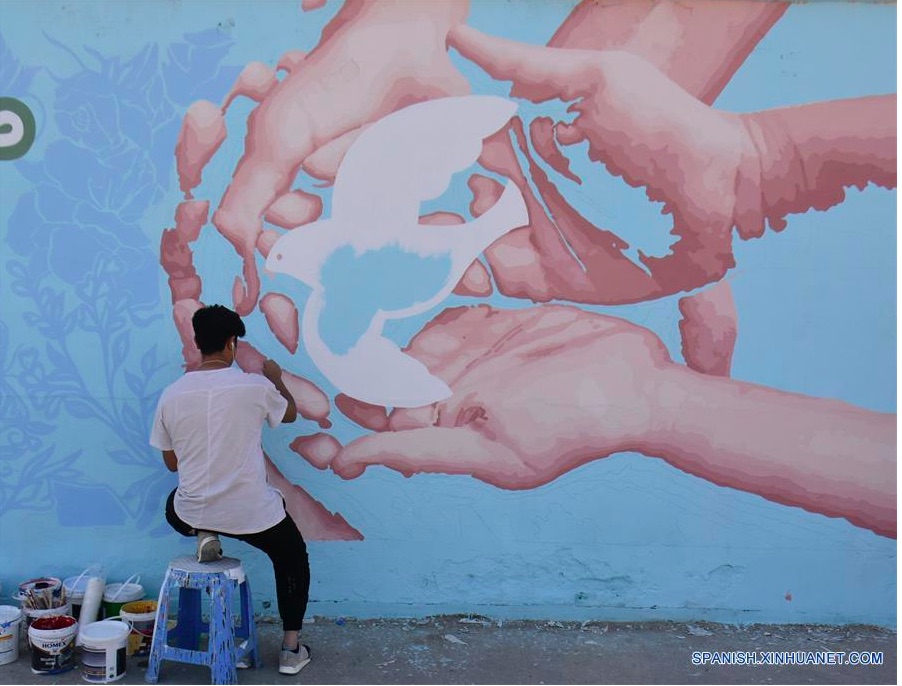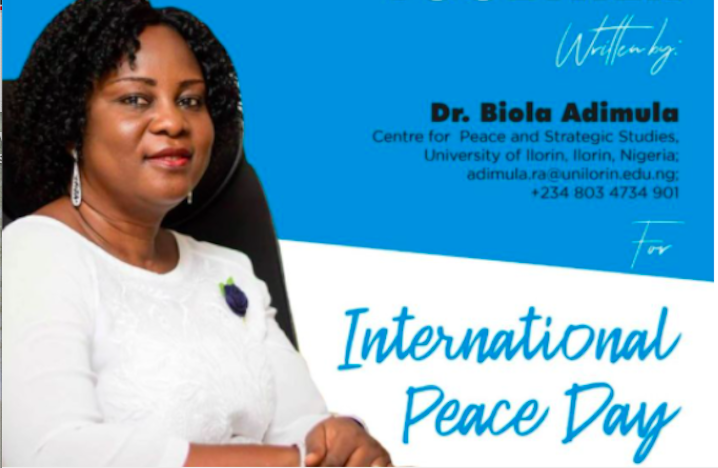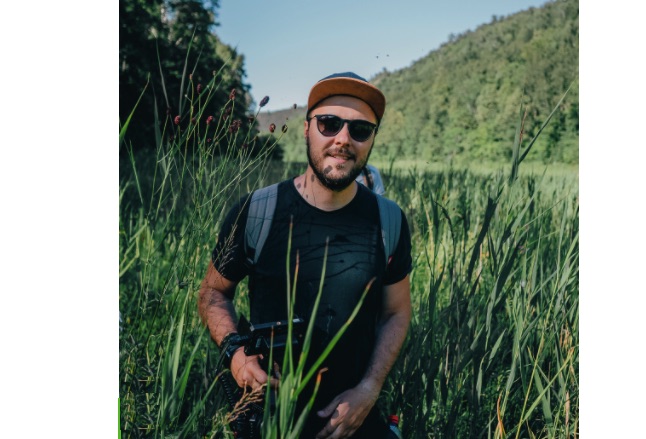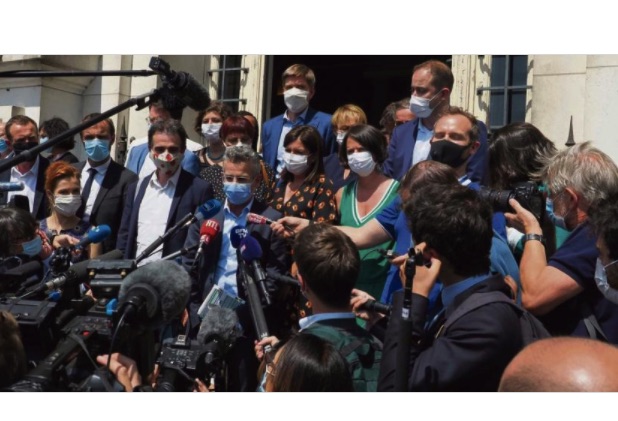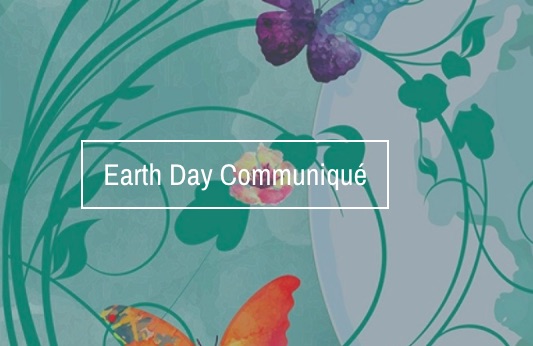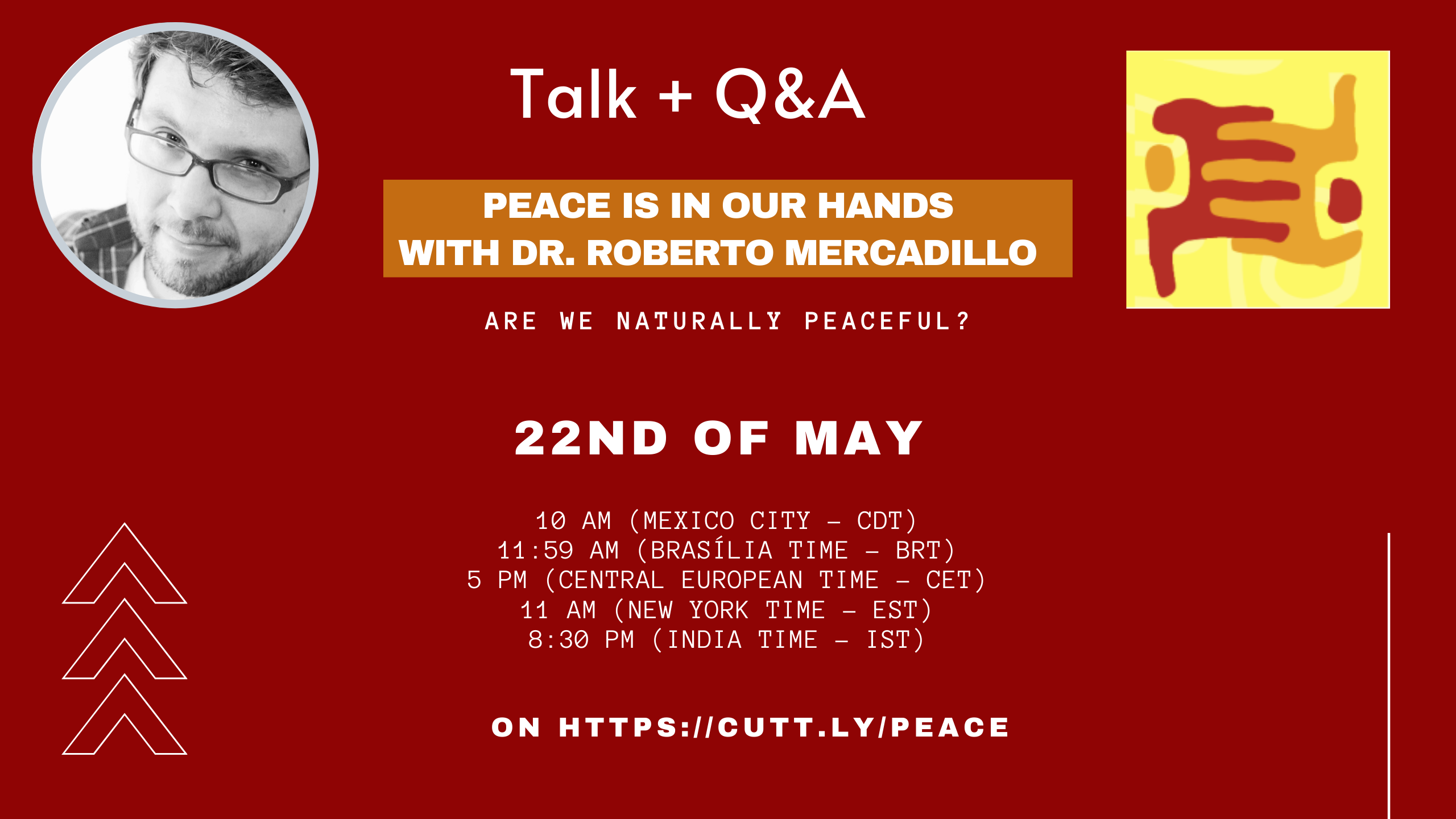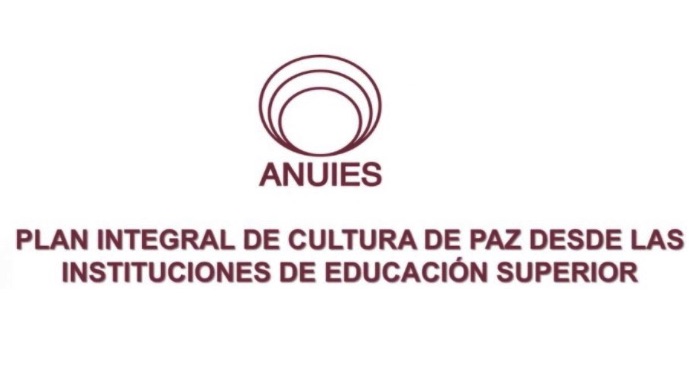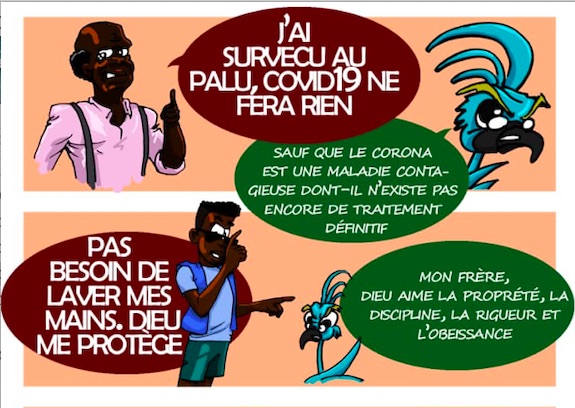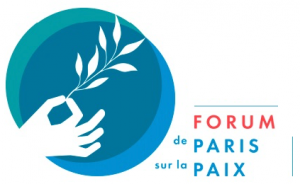Are we seeing the dawn of a global youth movement for peace and sustainable development?
If Australia is an example, the answer may be positive.
In Australia, the political landscape was changed radically in recent elections that saw young people turn out to vote in record numbers to address the issues they care about most: climate change, housing affordability and the rising cost of living. The electoral “greenslide” was made mostly of wins for seats that have the highest population of young people.
In other countries around the world, it is the new generation that has taken the lead for social change.
In Chile, the young president Gabriel Boric won at the polls in December with historic popular support that surpasses even what the candidate’s own supporters could have imagined. In this sense, an important variable for the victory was undoubtedly the participation of young people. The youthfulness of Gabriel and the team that accompanied him in his campaign was a great asset in the face of a society tired of the same old faces, where young people had been neglected. His movement represents not only a political change, but also a generational change; there is no doubt that it accompanies a process that has been fundamentally raised in recent times by young people.
In Brazil, an army of volunteers, in just a few short weeks, have registered hundreds of thousands of first-time voters. Their nationwide drive is taking aim at youth voter apathy – and may help to boost a slipping advantage for left-wing former President Luiz Inacio Lula da Silva as he seeks to unseat far-right President Jair Bolsonaro in October’s election. “Nobody likes Bolsonaro,” said Evelyn Santana, 17, shortly after registering to vote. “Among my friends, most people are going to vote for (Lula). They want Bolsonaro gone.” Polls show the trend holds up nationally. More than half of young people aged 15-24 prefer Lula, according to a survey by pollster Datafolha, while less than 25% of that age group back Bolsonaro.
In Colombia, Gustavo Petro’s candidature for president goes into the run-off election with the support, above all, of Colombian youth, who demand changes and an improvement in living conditions. In fact, that request was shouted for months last year in the streets of Colombia, during an unprecedented National Strike. Young people are a key demographic for Gustavo Petro, who has close to 50% support among voters in that age group. The run-off election will take place on June 19.
In France, young voters are the key to the possibilities of the Left political parties, united in a coalition named NUPES (Nouvelle Union Populaire Ecologique et Sociale) to gain power the National Assembly in elections scheduled for June 12 and 19. In this context, considerable publicity was given to a speech delivered at the prestigious AgroParisTech graduation ceremony on May 10, in which eight students said they refused to perform “destructive jobs” and called on their comrades to join the ecological struggles and to work with their hands.
In the United States, it is students who have taken the lead in responding to continued school massacres by demanding that military weapons should be banned from sale. Although President Biden has said that something should be done, the US Congress continues to be dominanted by the gun lobby. “Legislators need to keep in mind that if we can’t vote now, they need to listen because we will be able to vote eventually,” said Maddie Ahmadi, a 17-year-old advisory board member for Students Demand Action. “And if they are not hearing us and they are not passing common sense gun legislation, we are going to vote them out of office.”
And in Russia, where President Putin and the Duma legislature are pushing the war in the Ukraine and suppressing any expression of opposition, young people are the only part of the population who are against the war. In the poll taken at the beginning of March, only 29% of youth aged 18-24 supported the war, while it was supported by 60% of the general population. Time will tell if their opposition can help end the war.
Despite all of the bad news (war in Ukraine, climate change, global famine, information wars, massive migrations) and dire predictions (crash of dollar, fall of Putin, civil war in the United States, danger of World War III), can we still dream of the promised land of peace? We can only hope that the new generation will provide the leadership required to survive this perilous period of history and guide us towards a culture of peace.
|
DISARMAMENT & SECURITY |
TOLERANCE & SOLIDARITY |
WOMEN’S EQUALITY |
FREE FLOW OF INFORMATION |
|
SUSTAINABLE DEVELOPMENT |
DEMOCRATIC PARTICIPATION |
HUMAN RIGHTS |
EDUCATION FOR PEACE |

























